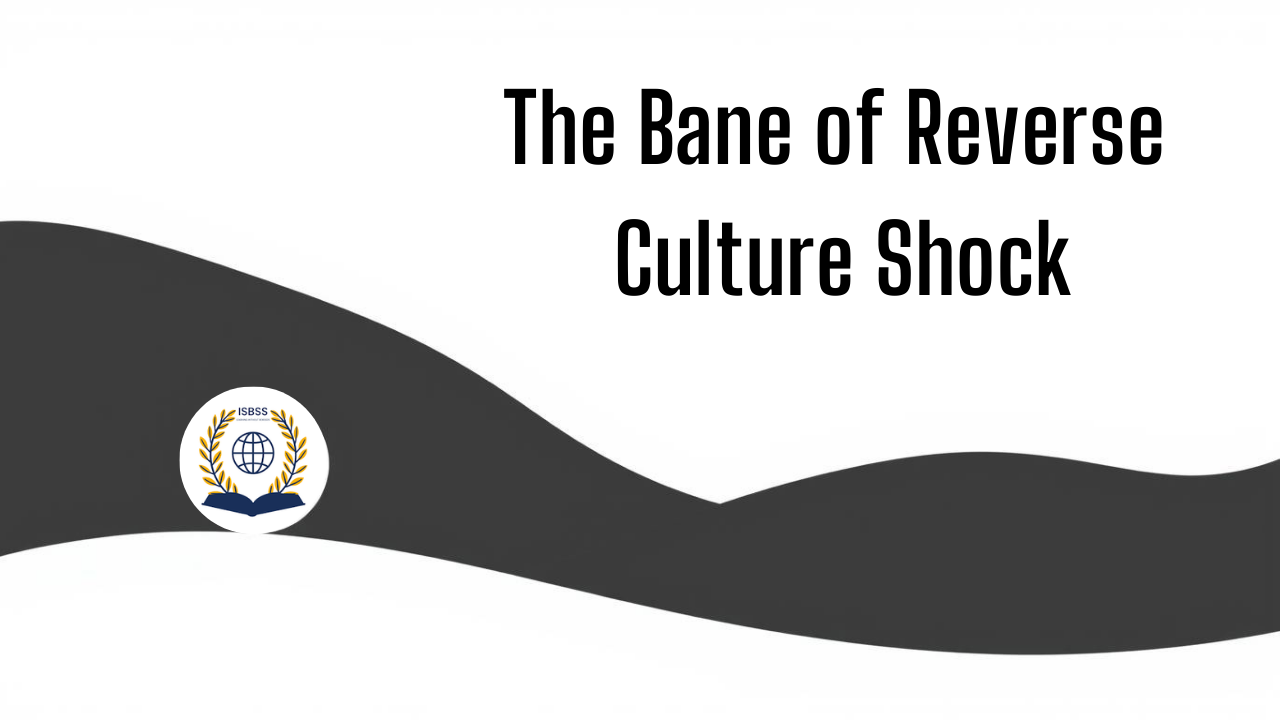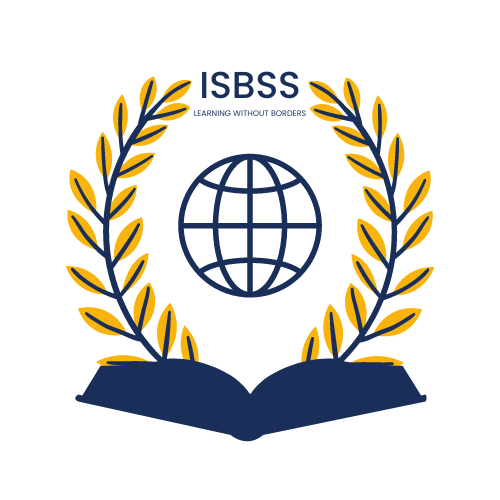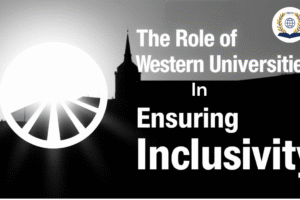
The Bane of Reverse Culture Shock
The Bane of Reverse Culture Shock
When you’re prepping to study abroad, everyone warns you about culture shock. They’ll say, “You’ll feel out of place,” or Give it time- you’ll adjust.”
And they’re right. The first few weeks can feel like you’ve been dropped into another universe. New language, new food, new rules—you’re figuring it all out one day at a time..
You expect to slip right back into your old routine, but somehow, everything feels off. The same places, the same people- but you? You’ve changed.
Ever felt that? You’re definitely not alone.
Reverse culture shock is real. And to be honest, it hits harder than you expect. You step off that plane thinking everything will go back to normal—but somehow, you’re not the same person anymore. And neither is home.
So, yeah, studying abroad changes you.
What Is Reverse Culture Shock?
It’s that weird, confusing feeling no one really warns you about- the emotional rollercoaster you ride when you come back home after living abroad for a while.
You’ve spent months- maybe even years- growing, learning, and seeing the world through a completely different lens. You’ve probably gotten used to new foods, new routines, and even new ways of thinking.
Then suddenly… you’re back.
Back to the same streets, same people, same old routines.
But here’s the thing- you’re not the same anymore.
Have you ever felt that way? Like you’re supposed to just slide back into place- but your place has shifted, and so have you?
That’s reverse culture shock. And yeah, it’s real.
The Symptoms No One Warns You About
Here’s what it can feel like:
- You’re disoriented in your own country.
- You start feeling out of sync with family or old friends.
- You miss the little things from your host country—like how people greet each other, the pace of life, even the food.
- You catch yourself constantly saying “When I was abroad…” and feeling like you sound annoying.
- You battle with a subtle identity crisis because you’ve outgrown a version of yourself that your environment still expects.
It’s a genuine psychological and emotional experience, and it’s more common than you think.
Why Reverse Culture Shock Feels So Personal
When you first moved abroad, you expected things to be different. So the culture shock was frustrating but also kind of expected. But adjusting after studying abroad? No one talks about that. And the worst part? It’s often met with confusion.
People might say things like:
1. “But you’re back home! Isn’t that a good thing?”
2. “It’s not that deep, you’re just being dramatic.”
3. “You’ve changed.”
And they’re right—you have changed.
Navigating the Identity Shift
One of the most jarring parts of life after returning home is realizing how much you’ve grown… and how uncomfortable that makes you feel in spaces that used to feel familiar.
You may start questioning your goals, your friendships, or even your career path.
All of this is normal.
You’re not ungrateful. You’re just evolving- and that comes with growing pains.
What Can You Do About It?
Here are some things that help ease the sting of reverse culture shock:
1. Talk to Others Who’ve Been There: Find friends or even online communities of people who’ve studied or lived abroad. Sometimes, just knowing someone else gets it can make a huge difference.
2. Create a Routine That Includes What You Loved Abroad: Miss the way you used to start your mornings abroad? Recreate that here. Loved how walking was a big part of life there. Incorporate walks into your schedule. Little things help you stay grounded in the version of yourself you’ve grown to love.
3. Stay in Touch With Your Global Circle: Don’t disconnect from the people you met abroad just because you’re back. Keep in touch, schedule calls, and follow each other’s updates. These connections help you stay balanced between your past and present environments.
4. Channel That Energy Into Something New: Reverse culture shock brings a weird kind of clarity. Use that. Start a blog, get involved in cultural exchange groups, volunteer, or even take on remote projects. You’re not meant to shrink yourself back into who you were before. You’re allowed to expand.
5. Give Yourself Permission to Grieve: This one’s big. You’re grieving the version of your life you left behind – and that’s okay. Allow yourself to feel the sadness, the nostalgia, the loss. You don’t have to bounce back in two weeks.
Final Thoughts
The bane of reverse culture shock isn’t that it exists. It’s that no one tells you to expect it. You come home thinking things will slide back into place, only to realize you’ve outgrown the puzzle. But that’s not a bad thing.
It just means you’re evolving. You’re growing. You’re becoming someone who carries multiple worlds inside them – and that’s powerful.
So be patient with yourself. Be kind to your process.



